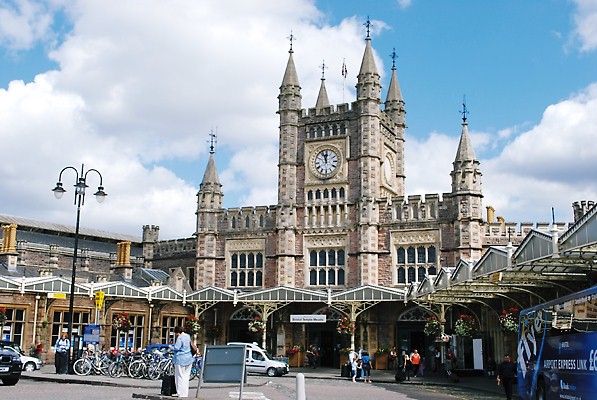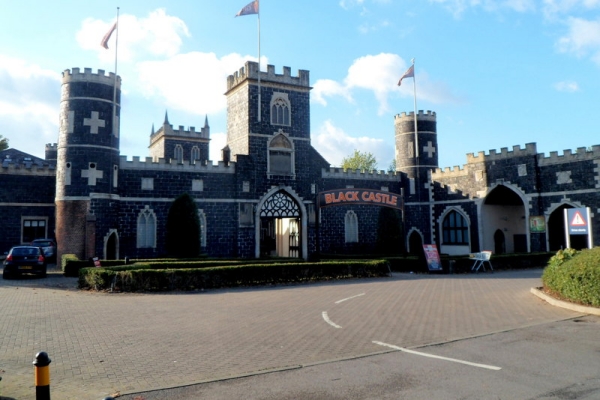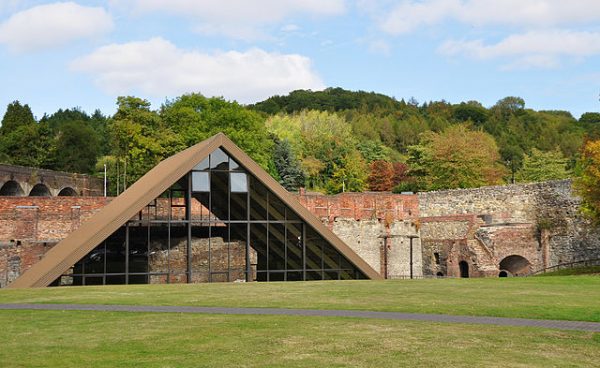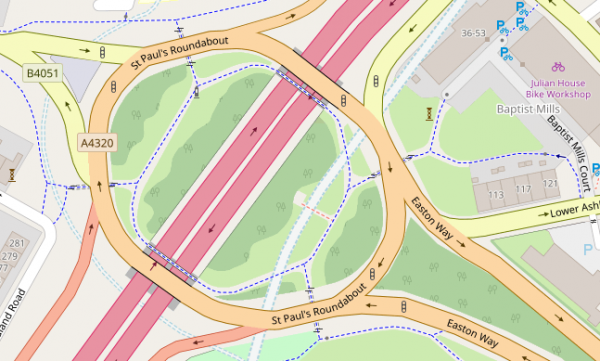Planning for clichés
The inspiration to write this post was what an old friend referred to on social media as the Town Planners’ Little Book of Tired Clichés.
We were discussing a press report on long-term plans for Bristol Temple Meads, the city’s main railway station and its environs.
The report itself was written up from a press release issued by the literary geniuses employed in the Bristol City Council Newsroom down the Counts Louse (which some people now call City Hall. Ed.).

Whilst avoiding clichés has long been a given as advice for good creative writing, the various actors quoted in the Temple Meads piece seem to relish in their use.
Thus the surrounding area “will be rejuvenated with housing, shops and hospitality outlets creating a new area of the city where people can live, shop, visit and socialise”.
Note the exemplary use of rejuvenated.
In addition, how a new area of the city can be created by covering an existing but derelict city area in architecturally contrived arrangements of building materials is beyond me. If you have any clues, dear reader, please enlighten me via the comments.
Then there’s that essential element for anything involving urban planning – the vision thing. This is ably provided in this case in a quotation by Network Rail’s spokesperson: “We are delighted to be working with our partners on this significant regeneration project and Bristol Temple Meads station is at the heart of this vision.”
Helmut Schmidt, who served as the West German chancellor from 1974 to 1982, had a thing to say about visions: “Wer Visionen hat, sollte zum Arzt gehen“. In English: People who have visions should go to the doctor. Genau! Sie haben Recht, Herr Schmidt.
Needless to the whole glossary of hackneyed phraseology seems to have been upended into the phraseology mixing bowl to create something not only unappetising, but indigestible: ambitious; innovative; rejuvenate/rejuvenation; regeneration; gateway; transformation/transformative; integrate; blueprint; showcase.
And on the clichés go, marching tediously across and down the page.
There are nevertheless a couple of absolute gems in the piece to compensate for all this guff.
Firstly,there’s the timescale for the plans. We are are informed that “work is not expected to start for another decade with the expected completion not until 2041 at the earliest“. Thus all that hot air is being expended on something whose actual implementation is two decades in the future; if not more.
A well-known adage springs to mind: pigs might fly.
Secondly, there’s the promise of an integrated transport hub. Basically this means creating a major public transport interchange (as seen in sensible city’s where the local bus/tram serve the railway station). To my knowledge, there’s been talk of a transport hub/interchange at Temple Meads for at least 3 decades already, so for it actually to become a reality within 5 decades would entail the city’s infrastructure planning process moving at more than their usual slower than tectonic plates speed.
 historic judgment in Italy, Lenovo was ordered to pay €20,000 euros in damages for abusive behaviour for refusing to refund the price of a pre-installed Windows licence in a case initiated by Free Software Foundation Europe (FSFE) supporter Luca Bonissi, the
historic judgment in Italy, Lenovo was ordered to pay €20,000 euros in damages for abusive behaviour for refusing to refund the price of a pre-installed Windows licence in a case initiated by Free Software Foundation Europe (FSFE) supporter Luca Bonissi, the 




 The Document Foundation’s blog
The Document Foundation’s blog 